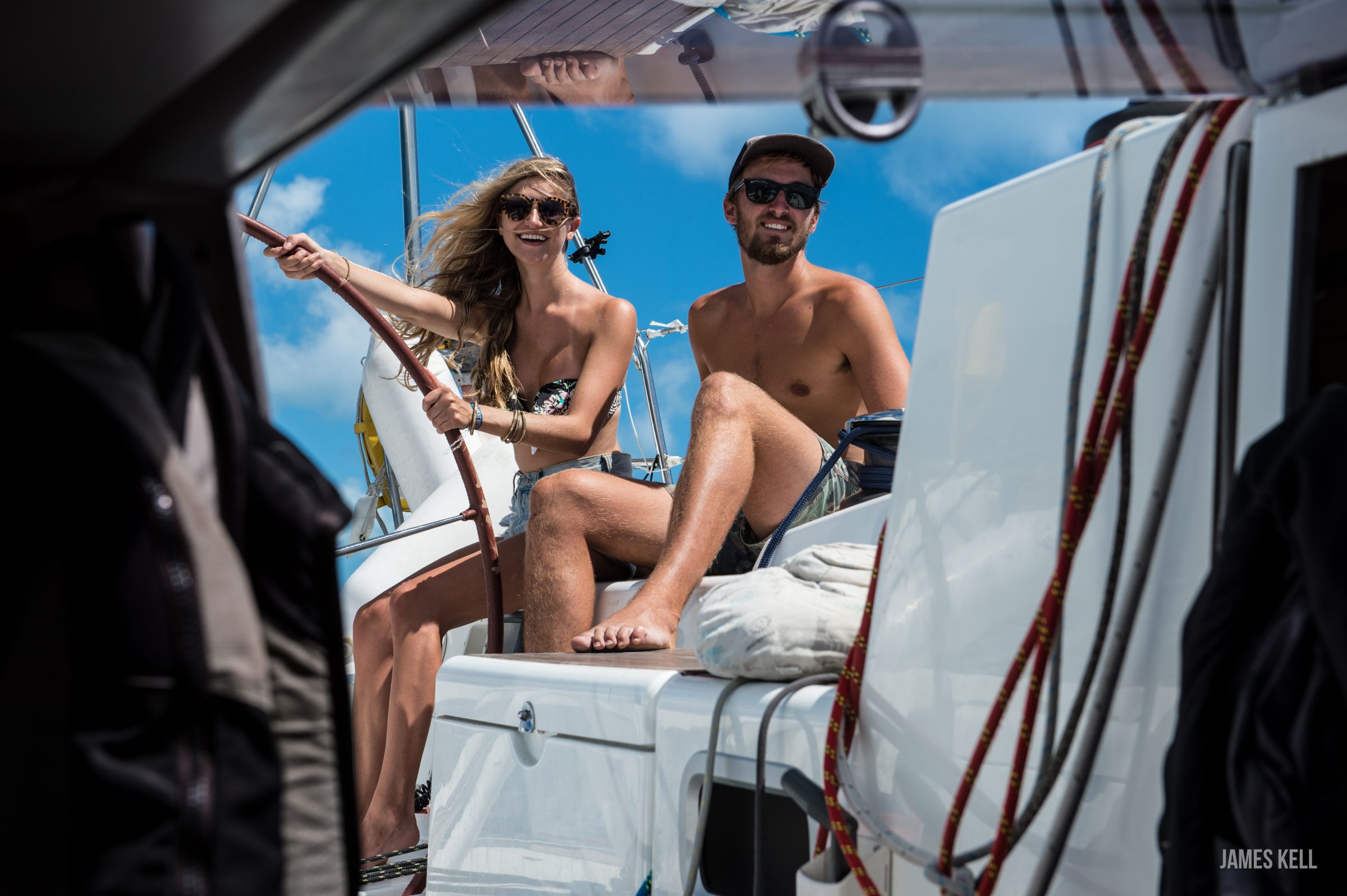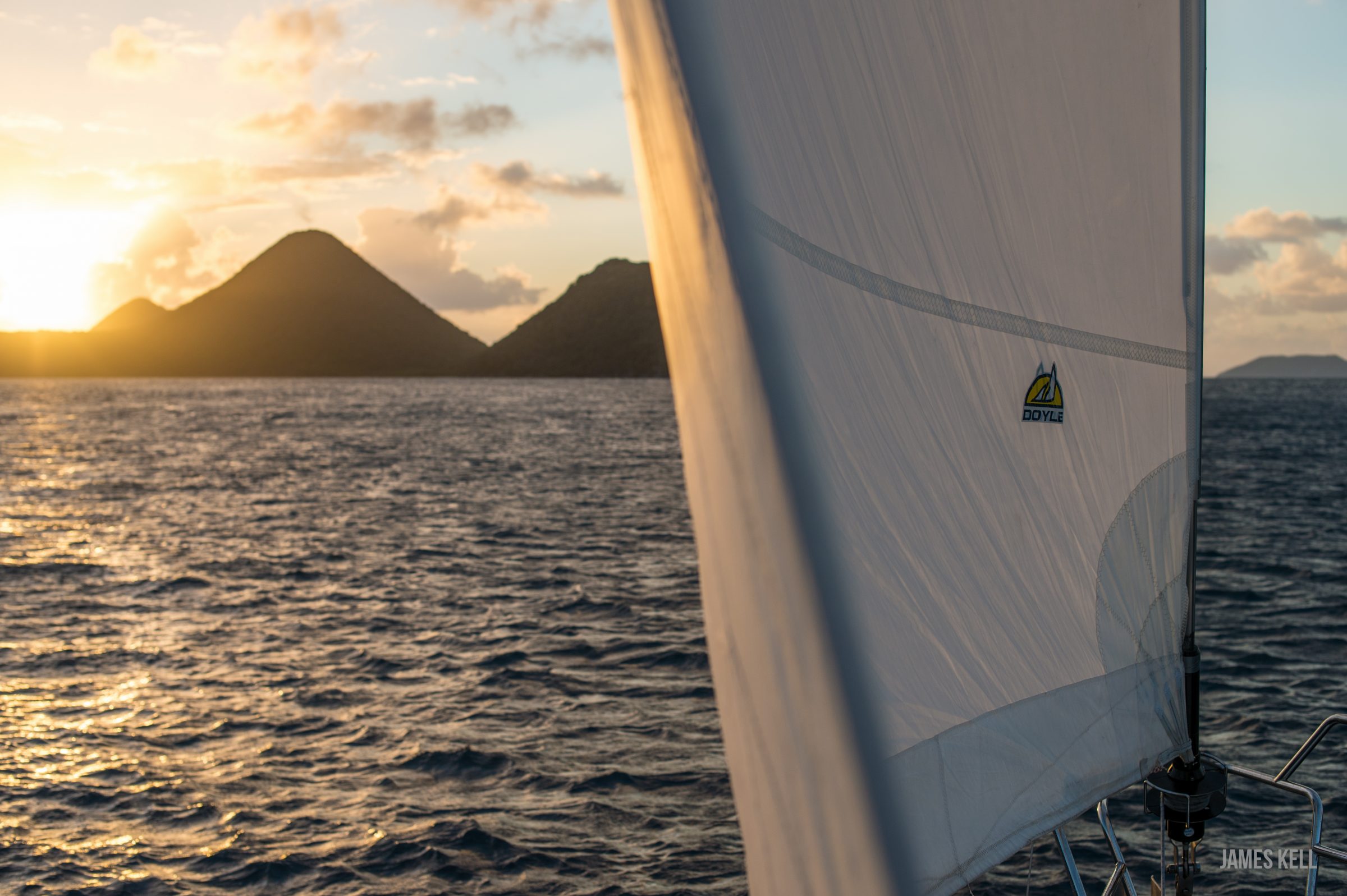"What Should I Know About Sailing In The Caribbean?"
If that is on your mind this post should help you. This post contains sailing tips designed for skippers who are entering the Caribbean for the first time. The aim is to enlighten such skippers and to seek input from other sailors who can offer further advice. Please leave them in the comments below.
The Caribbean is a collection of different countries. Each has their own laws and customs. There is no Schengen agreement equivalent in the Caribbean. This is one of the first important things to understand. More than 25 countries in total, each one of them quite different.

1. Beware Customs!
They may not be the relaxed Caribbean culture you were expecting. Customs on these islands are an important revenue source. “Maximum Fine” means the fine they are likely to charge, without negotiation. For instance, I will recount a true story in the British Virgin Islands (BVI). Road Town is listed as a Customs Port of Entry. A friend arrived in Nanny Cay (the next bay over) as he was going to keep his boat there. When he checked in Customs asked him where his boat was. He told them Nanny Cay - a walkable distance. He was fined more than $2,000 for not checking in at an official Port of Entry. Five minutes away. Be polite. Have yourself organised. No shortcuts here.
2. Customs Part 2
In many ports, you can check in and check out at the same time. Ask. Also, make sure the people you drop off on an island can fund their flight home or you as a skipper may have to pay. French islands tend to be the most amenable with Customs. The French islands tend to be good not just for Customs but for provisioning and supplies (see below). At the other end of the spectrum, the BVI and Antigua can be particularly officious and difficult.'
3. Know the local rules around fishing
Each country has its own rules. Not just for fishing but specifically for speargun fishing. Make sure you know the rules for that country. Ask Customs who can tell you if you don’t.
4. Don’t possess a firearm
It’s not worth it. A firearm limits your flexibility. It makes things more dangerous. Historically you are more likely to get killed in a piracy situation. And in most places, you must hand them in as soon as you declare them. If you don’t declare it and are caught, this is considered arms trafficking = jail time.
5. The sea-state might surprise you!
The wind and sea-state between islands surprises many a sailor. Leaving or approaching an island's conditions can get BIG. Currents, wind acceleration zones, this is not just Atlantic conditions but Atlantic conditions affected by deep-to-shallow, land-mass funneling etc. This ain’t the Caribbean many people imagine.

6. Don’t trust moorings on site.
They can a) cost a lot and b) be dodgy. Once you find out who actually owns it (which may not be the person asking for the money), if you are happy with the price and decide to use one, dive it to make sure it is in decent shape. Especially in places like St Lucia. The exception here is the BVI where moorings are well kept and there are no hustlers to speak of.
7. National Park fees can be expensive.
Eg. Tobago Cays in the Grenadines and parts of the BVI. Make sure you are aware of this before you enter them. Make sure you pay. And they tend not to accept credit cards so have the cash ready.
8. Secure your dinghy.
Some places are safer than others. Nevertheless get in the habit of locking it regardless of where you are.
9. Know about restricted areas
For instance, Montserrat has a $1,500 fine (EC5,000) if you are in the wrong place at the wrong time. Just the same, still on Montserrat if you obtain permission prior to your visit you may have the opportunity to legally visit the "out of bounds" areas in Plymouth.
10. Figure out which island you should go to get items delivered.
There can be long delivery times for things being posted depending on the country. Tax rates also vary considerably between islands. For instance, if you are listed as a “boat in transit” (easy) you will only pay 2.5% tax in Grenada. Whereas you can pay close to 100% tax in Antigua. French Islands are good for spare parts. They are great for provisioning. Eg. La Marine in Martinique you can get spare parts and food at the dinghy docks.
11. The further south you go, the cheaper things get
Generally speaking (i.e. wait for the exceptions in the comments). Want to take your boat out of the water? There are several options. Two tips are to Clarke’s Court in Grenada or Power Boats in Trinidad. If you're looking at Power Boats tell Don Sailing Virgins sent you and he'll probably give you a discount. :)
12. Head south in summer
You will tend to be south of the typical path of tropical storms (key phrase “tend to” - nothing is certain), wind is decent, weather is cooler.
13. Leeward vs. Windward
There is a BIG difference between sailing on the east or west side of the islands. This seems elementary to put in a list of skipper tips. Nevertheless, for someone coming from a season in the Med or elsewhere, a reminder doesn’t hurt.
14. Beware of reefs
Use Navionics, Google Earth, have the sun behind you. Have a spotter. Review your route in fine detail. If you have established a route on your plotter, zoom in and “walk through” it.
15. Have a decent anchor and plenty of scope
This is more a general statement but it applies especially in the Caribbean. Some islands (such as Montserrat) can be quite steep-to. You don't want to have issues that could have been solved with another 10m of chain and/or 5kg of anchor weight.
Conclusion
These sailing tips are for skippers who have not yet experienced sailing in the Caribbean. For you old salts who have, feel free to leave your thoughts in the comments below. If you have any suggestions for future skipper tips please email me. Click here if you'd like to stay in touch with us on future sailing tips and, from time to time, special offers.
Thanks
Thanks to Manfred Tennstedt / Jemma Sargent (S/V Skye, support for Talisker Whiskey Atlantic Challenge), Kerry Coyne, Kit Bottomley, Jamie Lee Oliver and Alex Federico for help with this.

